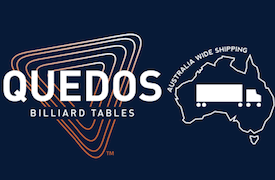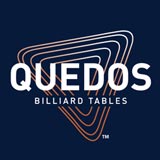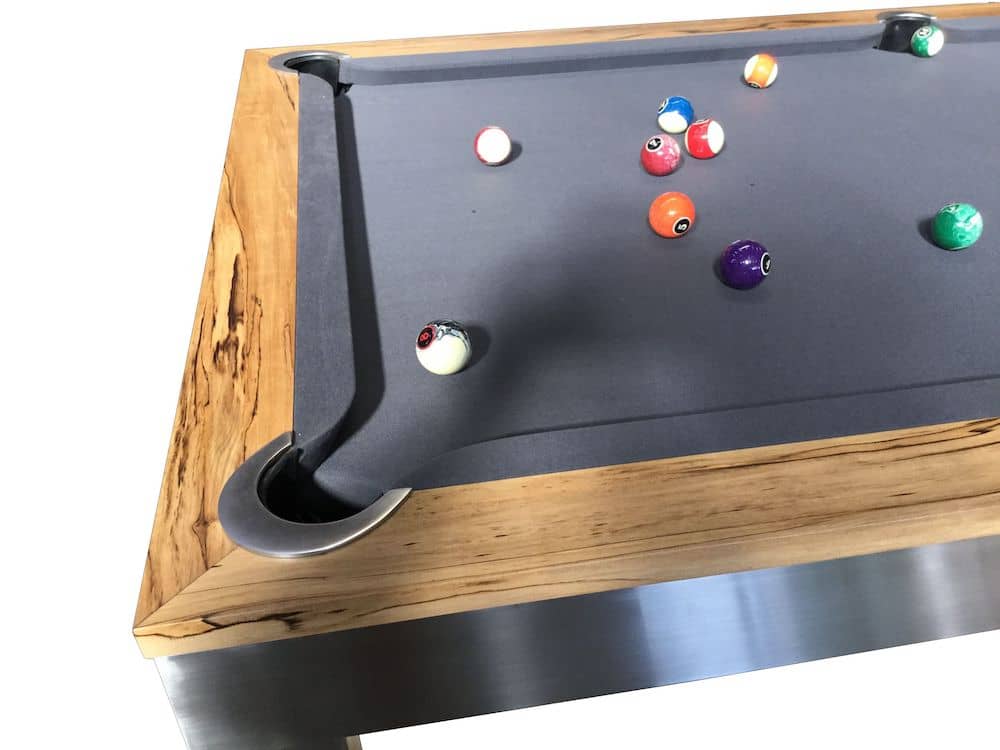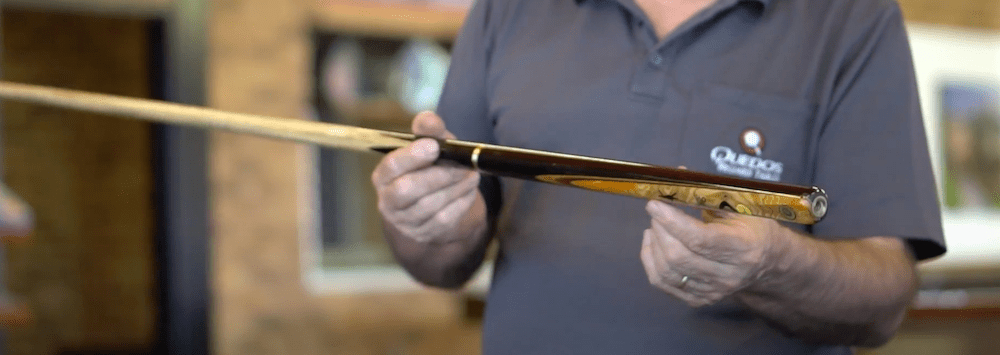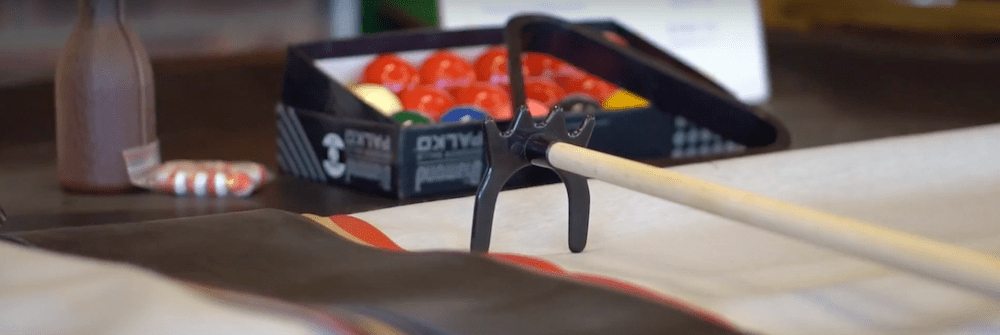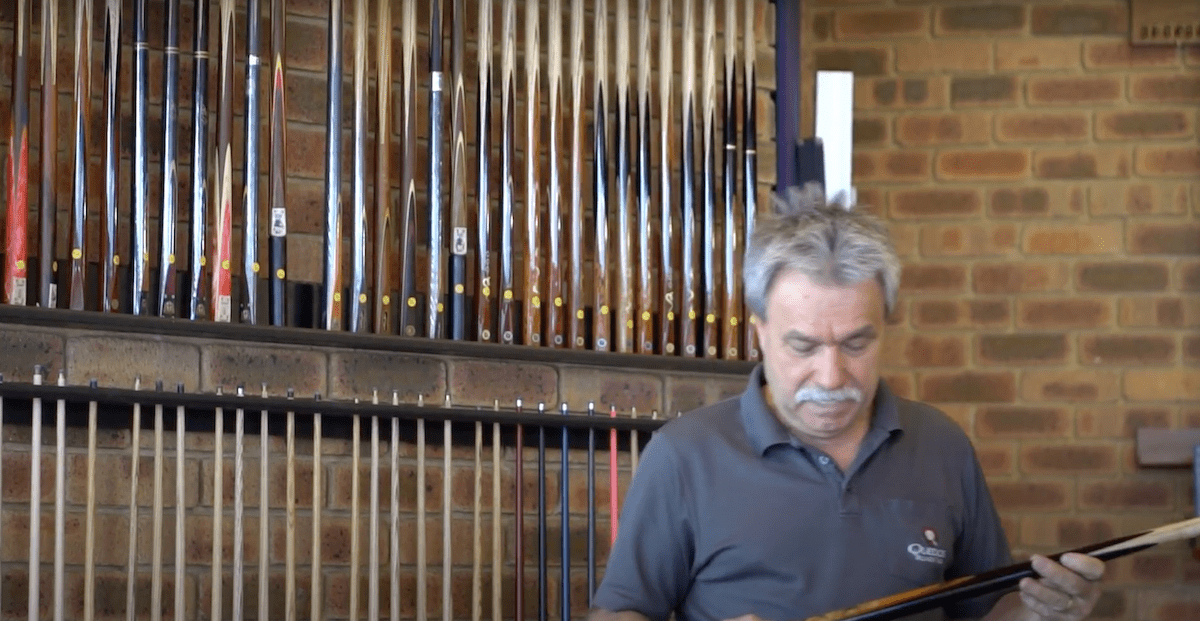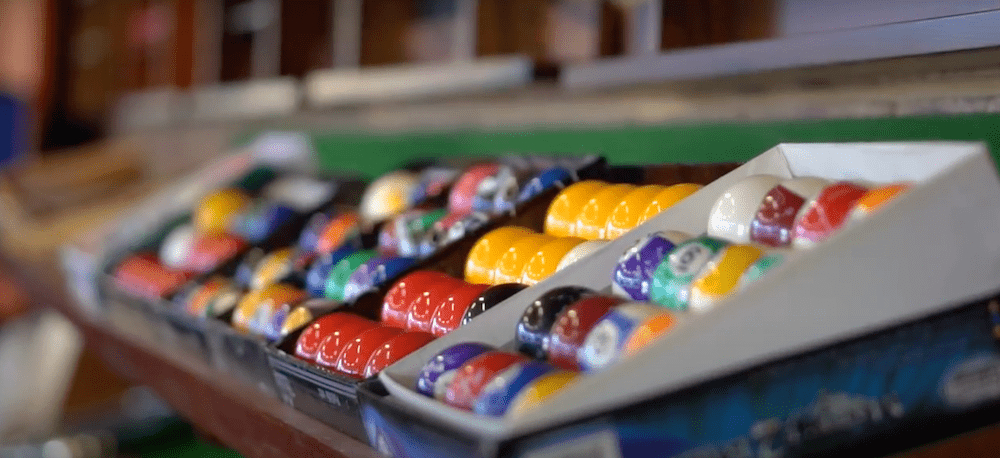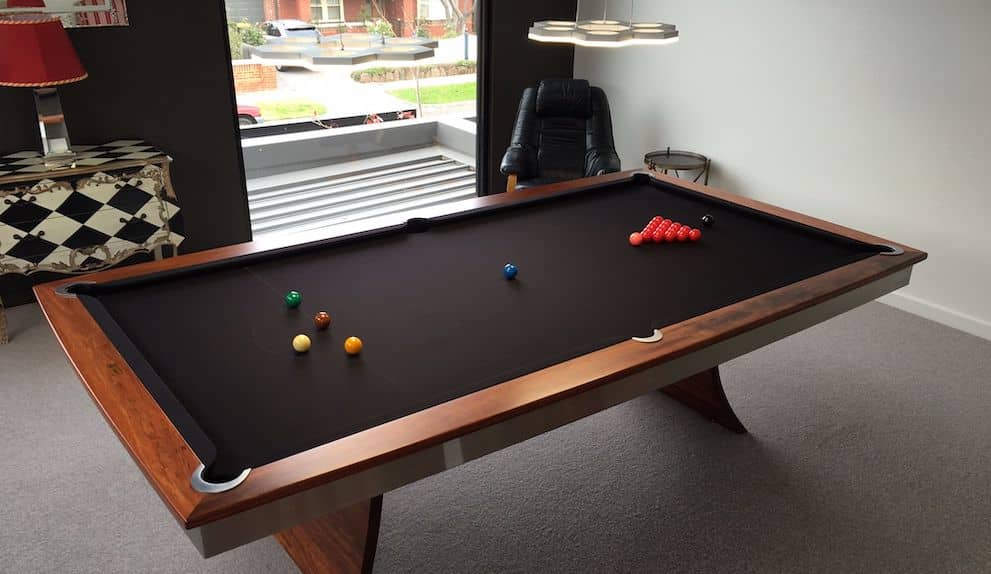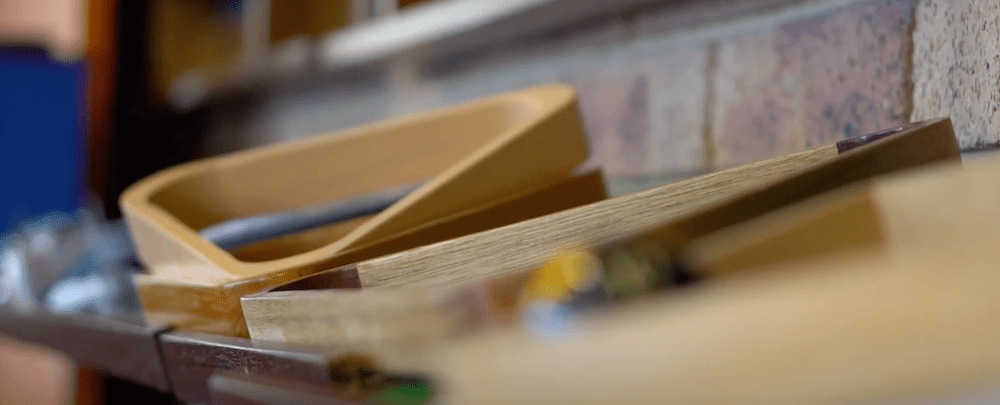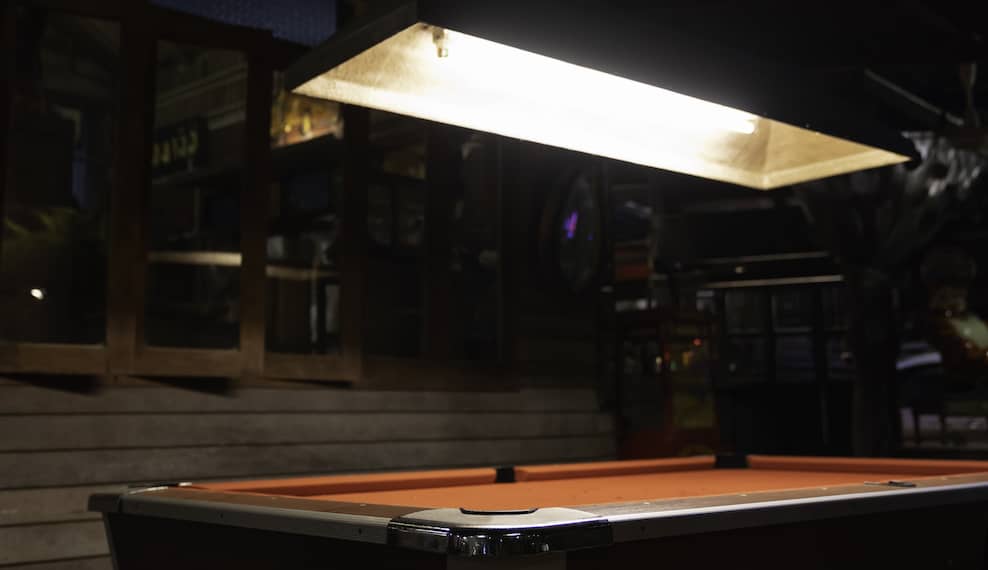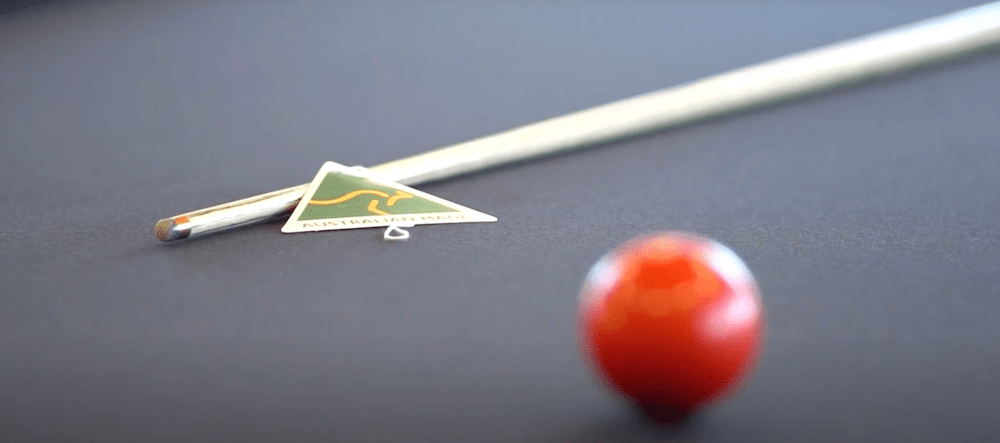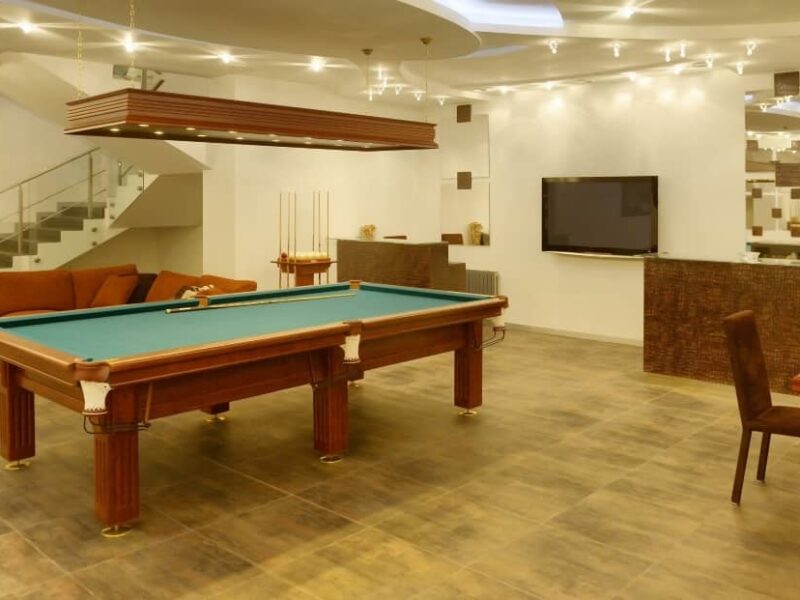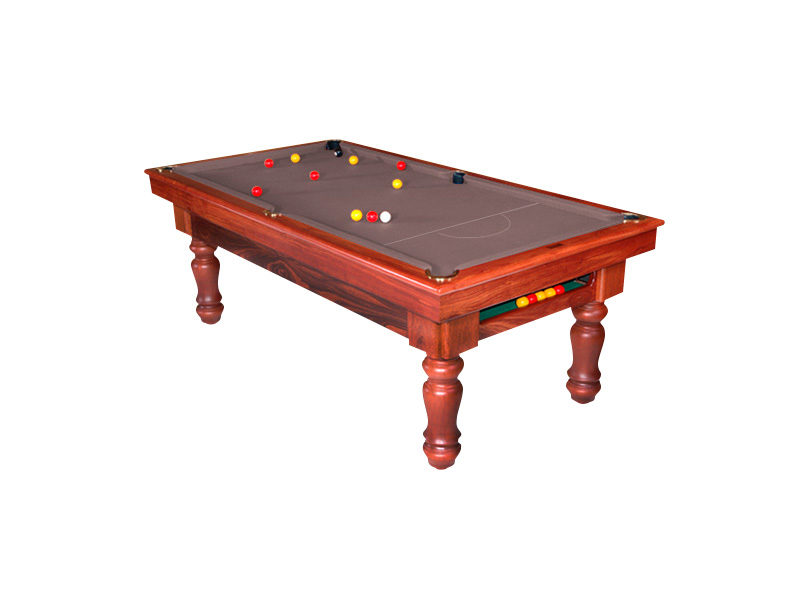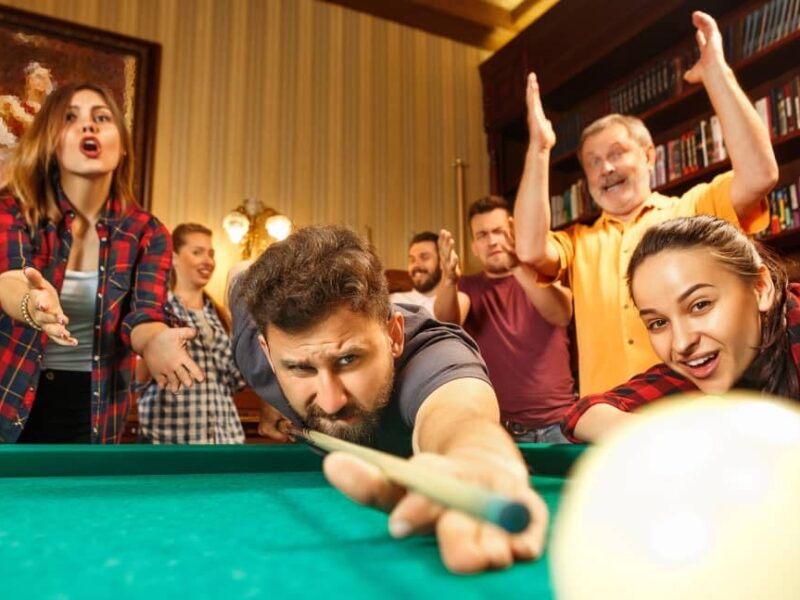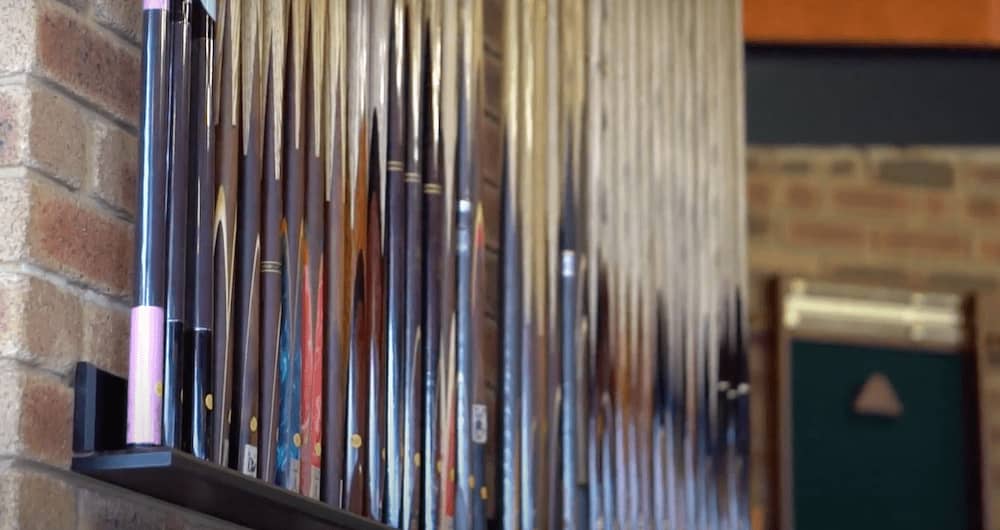
Accessories to Purchase with a Pool or Billiards Table
Any pool enthusiast knows the building blocks of the sport, which are the balls and cues. But apart from these two, there are several more items that you may want to have. As a pool table owner, you may be in the market for pool or billiards table accessories, such as cue racks, chalk, triangle, and even lighting.
This blog post is about pool table accessories.
We list the must-have and good-to-have accessories, their functions, and your options. We also provide information about how you can keep your pool table clean and immaculate for the years to come.
First things first, what makes up a standard set of accessories for your pool table?
It normally consists of the following items:
- 1.5-metre cues (57 inches)
- Triangle
- Pack of chalk (usually green)
- Pool or billiard balls
Note that the cue sticks can differ depending on the size and type of your pool table. For example, the standard pool table, which measures 7’ x 3.5’ uses a 57-inch cue. On the other hand, if you have a six-foot table, your cue stick will typically be 46 inches, although you can still use the 57-inch one. We have discussed the difference between the types of pool tables in this blog post.
Triangles are usually made of plastic, which is the cheapest type that you can buy. However, there are other materials used, and we will talk about them later on. Green chalk is often used to match the green pool table, but there are different colours available. Finally, the set of balls also differ depending on the type of pool you have. English and Australian pools often use reds and yellows while Americans opt for striped and spotted balls.
Cue Sticks
Pool cues have an interesting history, evolving from a bulky mace to the stylish ones that we have today. But despite these changes, these sticks remain the most important things to have for a pool table owner, along with the pool balls.
Just like with any other pool accessory, there are a wide variety of cues.
The most popular ones are:
- Standard Cues: Cheap cues often made of ramin, which is very light. Manufacturers typically add extra weight in the butt to give it a more solid feel.
- Ash Cues: English and Australian pool cues are made of ash wood. Snooker cues also use this material. It is recognisable for its noticeable grain. Ash cues are two-piece sticks that you can split into two and put them in a case for easy transport. Because such sticks are of high quality, they provide a better playing experience. Unlike standard cues, they feel more balanced because of the better-quality wood used.
- Maple Cues: American pool cues are typically made of maple wood. They have a lighter colour than ash cues.
Both ash and maple cues are highly recommended types of cues. Your choice depends on the table you and balls you have. If you have an American pool table, it makes sense to use maple cues since they are designed for American pool balls, which are heavier and bigger than English pool balls.
You can have more than one cue for each player, especially if you will invite younger players. Younger players use shorter cues, which are from 36 to 46 inches. Beginners and those who need to take a shot around tight spots prefer them, as well.
Cue Accessories
A standard cue has a screw tip, which you can unscrew, making it easy to replace it with a new one in case of damage. It’s cheap, and that’s why standard cues are preferred in pubs and commercial settings., Unfortunately, having a screw tip results in pool balance because of the false weight at the end.
On the other hand, ash cues have a brass ferrule, just like with professional cues. It has a glued-on leather tip for better grip while the brass adds more strength. Snooker cue sticks also have a leather tip but with stainless steel ferrule for increased power. Finally, maple or American cues use plastic ferrule, which provides them shock-absorbing qualities necessary for the bigger cue ball.
Other cue accessories that you can add to your collection are:
1. Rest Sticks
Sometimes, it is difficult to reach the ball at the end of the table. You don’t want someone to lose their balance while trying to take the shot. It can cause them to scrape the cloth. It’s even worse if they sit on the table, damaging it. A rest stick comes in handy in such a situation. There are different varieties, materials used, including chrome and brass, and styles.
2. Cue Racks
These accessories are required. You need them for storing your cues.
Some of the most popular types include:
- Wall Mounted: This variety comes in pairs, one for the top and another for the bottom part. As the name suggests, it is mounted on the wall, so it does not take any floor space. You don’t have to fear tripping on it because it is completely out of the way. with one at the top and one at the bottom, benefit: it does not take any floor space, you don’t trip on it, out of the way
- Freestanding: For those who do not want to drill holes on the wall, a freestanding rack is a great option. You can choose from a variety of material selections, including chrome and brushed steel.
You can find plenty of cue rack designs, including those that even match your pool table for a seamless look.
Pool Balls
Standard pool balls are red and yellow. Many people prefer them, especially those who simply want to have a casual game of pool at home. They are also used in commercial places because these balls are incredibly cheap. Therefore, they are easy and less costly to replace than other types.
If you don’t like reds and yellows, you can choose spots and stripes, which are typically used in American pool. It’s always a personal choice with pool balls. But apart from the appearance, you can upgrade to a better set.
Aramith is considered one of the best pool balls around. You will need to pay extra for these balls, which are made in Belgium using phenolic resin. The design enables the balls to be much shinier than the standard type. If you compare them side by side, you will see a great difference. Aramith balls go through rigorous testing to make sure they are spherically accurate. They are used mostly in tournaments.
To maintain the appearance and gloss of the pool balls, you need a ball polish and cloth.
There are two varieties, namely:
- Ball Cleaner: Based on the name, the product is for dirty balls. You can use a cloth while cleaning to get rid of dirt.
- Ball Restorer: As you play pool over time, notice how the balls lose their shine. Bring them back to life using a ball restoring product. It is useful for balls that require deep cleaning.
Cleaning the pool balls is a necessary part of maintaining your pool table and its accessories. The cleaning frequency will depend on how much you play, the condition of the balls, and your free time.
Triangles and Diamonds
The basic triangle is made of plastic. It often comes as part of the package when you purchase your pool table. Most homeowners and those who only play for fun do not look to upgrade from the plastic triangle. After all, it does get the job done.
However, there are plenty of other options available. If you have a higher-end table, it does make sense to use a more luxurious triangle. A wooden triangle, for instance, is expensive and viewed as a deluxe variety.
Diamond racks are also used, particularly for a nine-ball pool. It’s not necessary, but it is quite popular, perhaps because of its uniqueness.
Chalk
You will also get standard chalk when you purchase a new pool table. Just like with triangles and other accessories, there are lots of options around. However, it is best to stay with the same colour of chalk as your cloth. You do not want to end up with red marks on a green coloured cloth.
Lighting
Many pool players focus too much on the pool table, cues, and balls. They forget that lighting is also essential to have a decent game of pool – unless the room is well-lit even at night. You need to find the best lighting to avoid eye strain and even cloth damage due to poor shots and other accidents.
When searching for the correct fixture for space, go for one that does not create shadows when you play. It’s incredibly important so that you enjoy excellent viewing while playing without trying to see through the shadows. It is one of the most significant issues when you lean on the table. The lights should also be positioned appropriately, usually above the table.
Pool Table Care
Maintaining the pool table is not difficult. With a little bit of care, knowledge, and the following products, you can keep the table’s beauty and functionality.
Here are the musts to include with your pool table:
1. Table Cover
You need to cover the table whenever you do not use it. Table covers are also useful if you have the table outdoors or in a room that receives direct sunlight. The sun’s rays will not benefit the cloth. If continually exposed, the fabric will oxidise or lighten quicker than expected. Prevent it from happening by simply covering the table diligently.
Aside from protecting the colour, the table cover will also protect it against dust and dirt. If you have a party, it is essential that the pool table is covered in case of spillage.
2. Brush
Brushes are used to remove dust that may have accumulated on the table. They also get rid of chalk marks and finger marks on the cloth. If you watched the installation process of the table, you probably saw that the cloth is installed or laid in one direction only. Follow that direction when cleaning the cloth, which is from top to bottom.
There are a variety of cloth brushes available, including:
A standard brush: which is made with nylon bristles, is great for removing dirt and dust on the table.
A large brush made of horsehair: is less abrasive. It’s great for those with a longer table since it makes cleaning easier. A large brush is often 12 inches long.
A cushion brush: is an angled brush specially designed to make cleaning the cushions or rails a breeze. Use it to keep the table tidy on all sides.
You can clean the table whenever you see chalk marks. If you rarely play, cleaning it every few weeks is 0necessary, especially if you do not use a table cover.
3. Table Iron
A table iron is exactly what it sounds. It works like a regular iron, except that it does not have steam. This cleaning equipment is quite expensive, although it may be useful if you see that your cloth needs to be flattened.
Many commercial and professional tool tables use an iron to keep the cloth nice and flat. It helps the ball roll smoother. You can iron the table daily, weekly, or even monthly. It all depends on how often you play.
You may have heard of cloth cleaners, which are quite popular today. However, we do not recommend them because they usually do more damage than good. The idea is to spray fluid on the cloth if there is a spillage. However, doing so will not remove the stain. Instead, the pool table owner will have to scrub the fabric for the product to work. Most people end up regretting using the product because it wrecks the weave of the cloth. Unfortunately, the damaged cloth is expensive to repair.
True, this list consists of a lot of accessories. Some are affordable and useful while others are expensive yet can improve your gameplay experience.
If you need any advice before you purchase accessories from us, do not hesitate to give us a call and ask questions!
